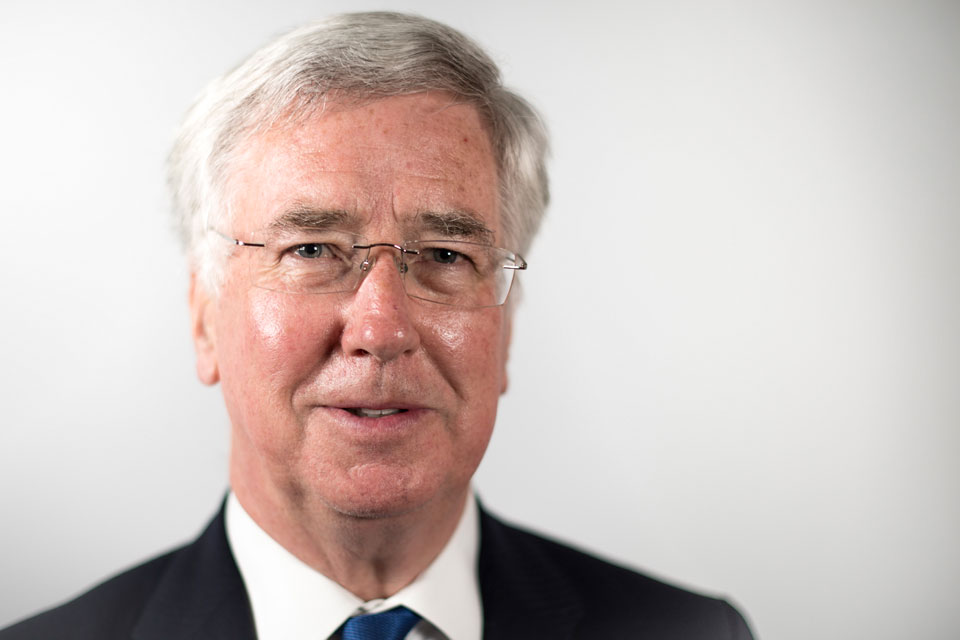28th offshore round of oil and gas licensing
Written Ministerial Statement by Energy Minister, Michael Fallon, on the 28th offshore licensing round.

I am pleased to inform the House that I am today inviting applications for petroleum licences for unlicensed seaward blocks, in the 28th new round of offshore petroleum licensing.
The UK oil and gas sector plays a vital role in the UK economy, supporting around 350,000 jobs and with record capital expenditure in 2013 of around £14 billion, and in meeting our energy needs. Indigenous oil and gas production supplies the equivalent of about half of the UK’s primary energy demand. It is vital that we continue to do all we can to maximise economic recovery of indigenous hydrocarbon reserves. The licensing of new areas forms an essential part of our long term economic plan by enabling the exploration necessary to ensure we fully realise our remaining reserves which could be as much as another 20 billion barrels. This will boost growth, energy security, and jobs.
DECC’s plan to offer licences for offshore oil and gas exploration and production through further licensing rounds was the subject of a Strategic Environmental Assessment (SEA) completed in 2011 and the Environmental Report can be viewed via GOV.UK
The SEA includes commissioned reports on various components of the natural environment and effects of previous activities.
Following consultation, DECC considered all responses and a post consultation report for the latest SEA was published. The report can be viewed on GOV.UK
In deciding to proceed with a 28th offshore licensing round, DECC has had regard to the conclusions and recommendations of the Environmental Report and consultation feedback. As a result, blocks in the deepest waters of the South West approaches are currently not being offered as part of the 28th round because of inadequacy of data including potentially vulnerable components of the marine environment.
A number of blocks excluded from earlier licensing rounds on the basis of recommendations of previous SEAs are currently not being offered as part of the 28th round of offshore petroleum licensing. This includes the blocks in or overlapping with the boundaries of the Moray Firth and Cardigan Bay Special Area of Conservation.
In addition some blocks are currently withheld from this round of offshore petroleum licensing at the request of The Crown Estate as they overlie the Cleveland potash mine, and some at the request of the Ministry of Defence due to their use for intense military testing and training.
Licensing of the blocks not currently included in this round may be revisited in the future as more information on those blocks becomes available.
In addition, a number of blocks may be licensed but with conditions attached restricting or prohibiting certain marine activities. It should be noted that the Offshore Petroleum Production and Pipe-lines (Assessment of Environmental Effects) Regulations 1999 (as amended) and the Offshore Petroleum Activities (Conservation of Habitats) Regulations 2001 (as amended) variously require that all major activities undertaken in connection with UK offshore hydrocarbon exploration and production are subject to environmental assessment before consent can be given for these activities.
Before any licence awards are made, DECC will assess whether the grant of licences applied for is likely to have a significant effect on the management of any protected conservation sites. Where such effects cannot be excluded in respect of any proposed award, a further detailed assessment will be needed to determine whether there are any adverse effects on the integrity of these protected conservation sites. This is required under Council Directive 92/43/EEC on “the conservation of natural habitats and wild fauna and flora”, and the UK implementing regulations.
Applications in the Round will need to be submitted by 25th April 2014.